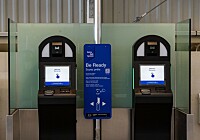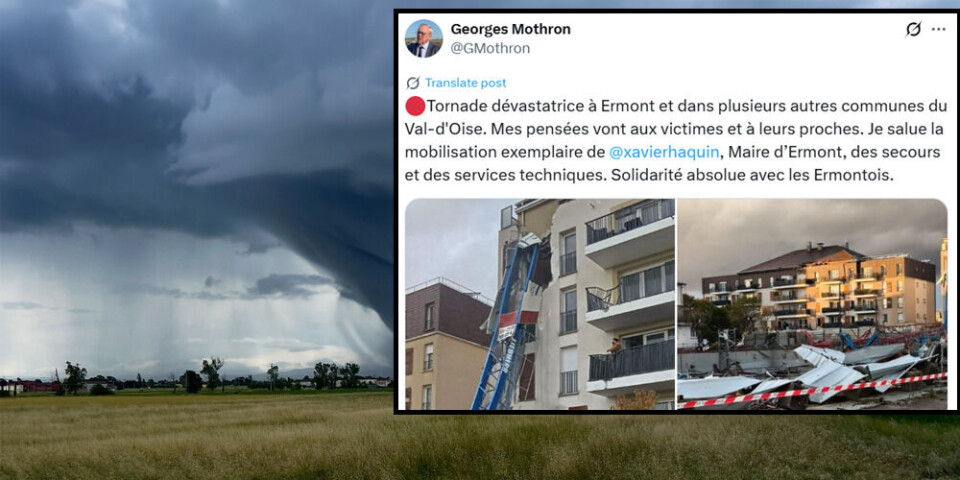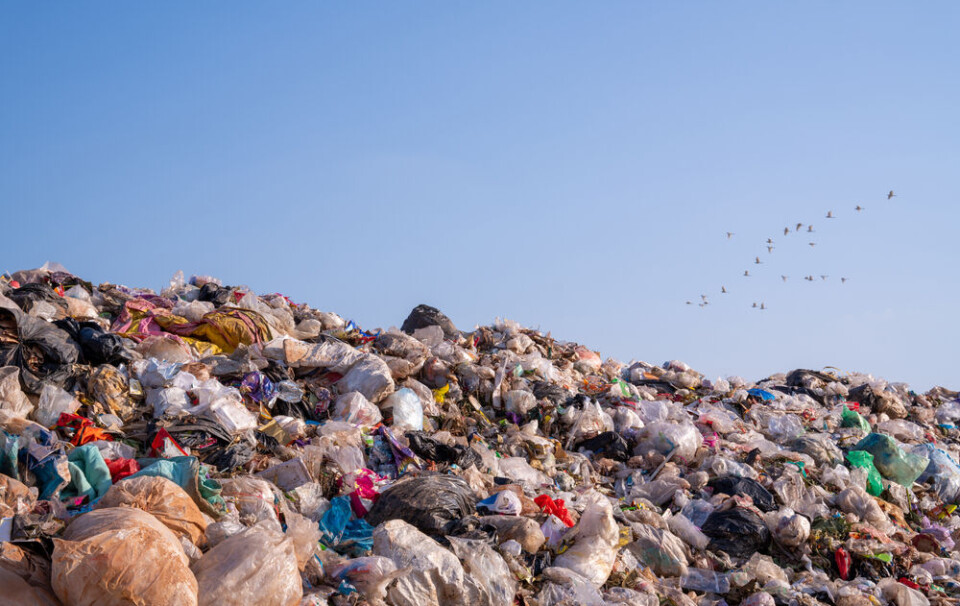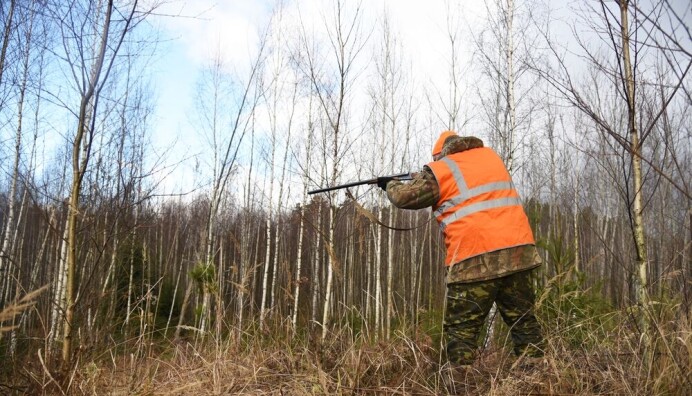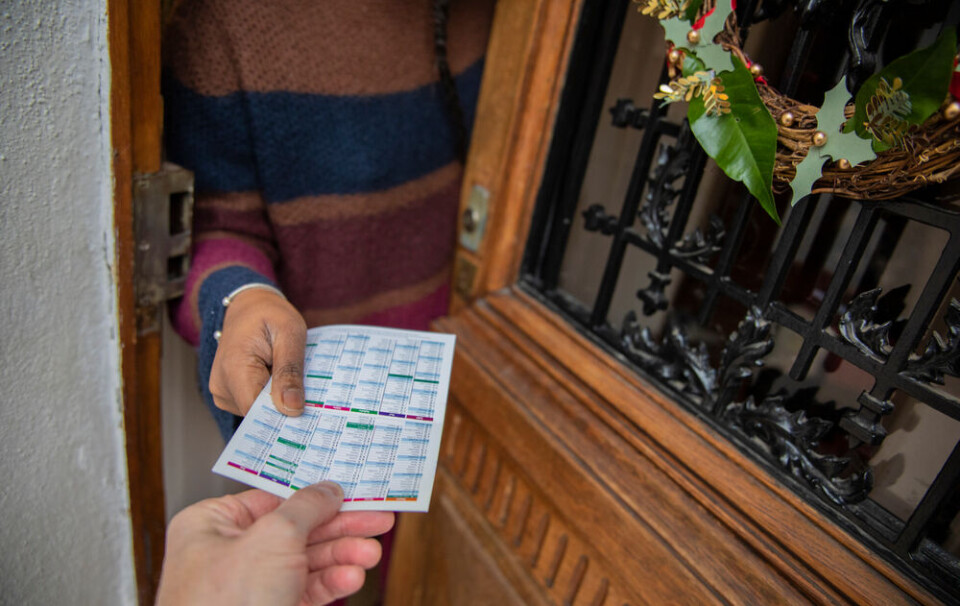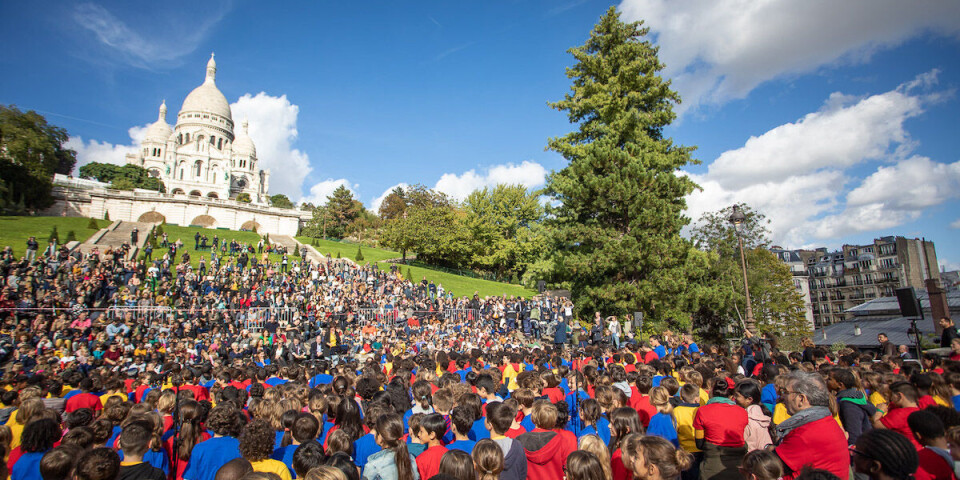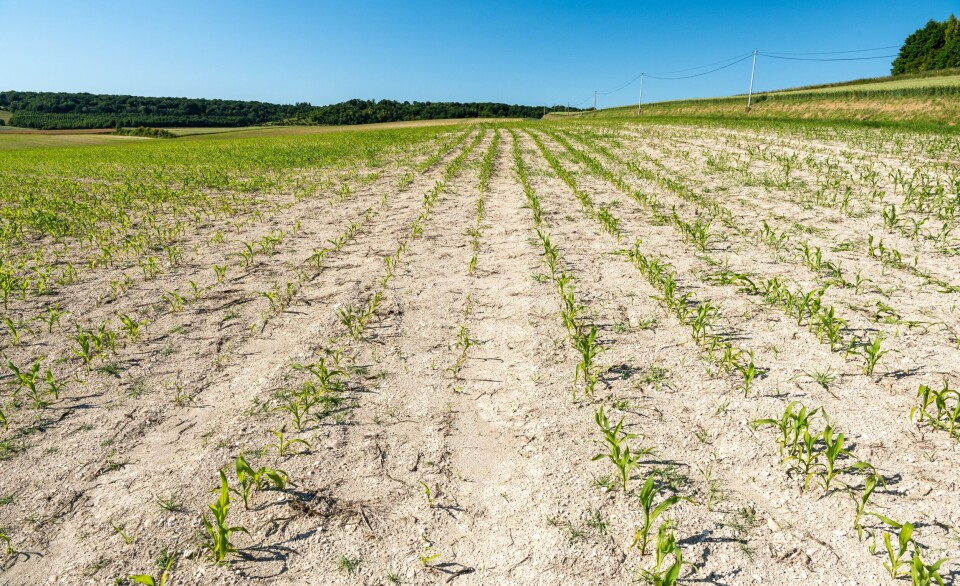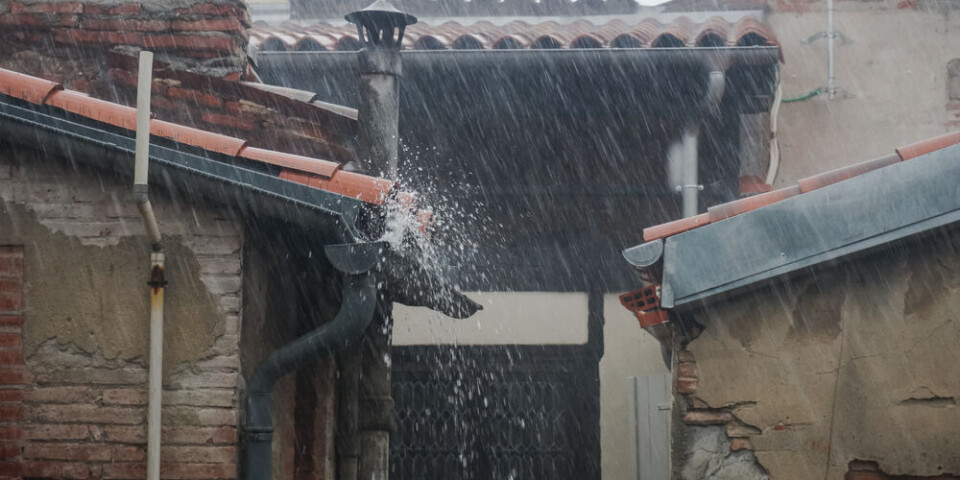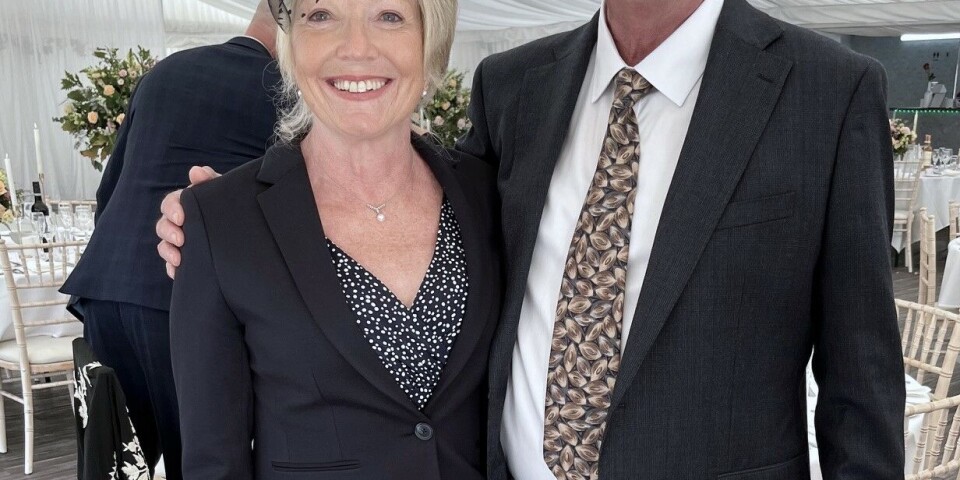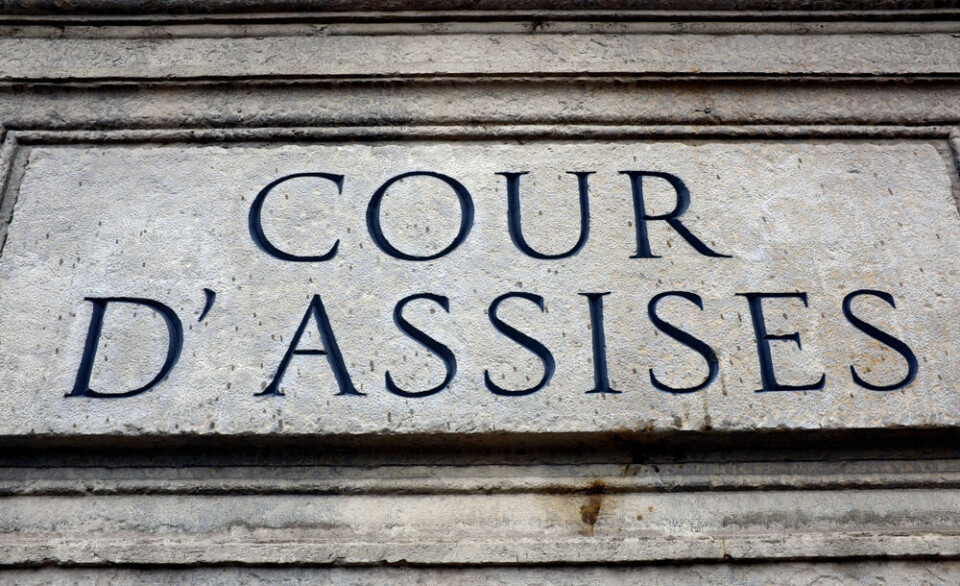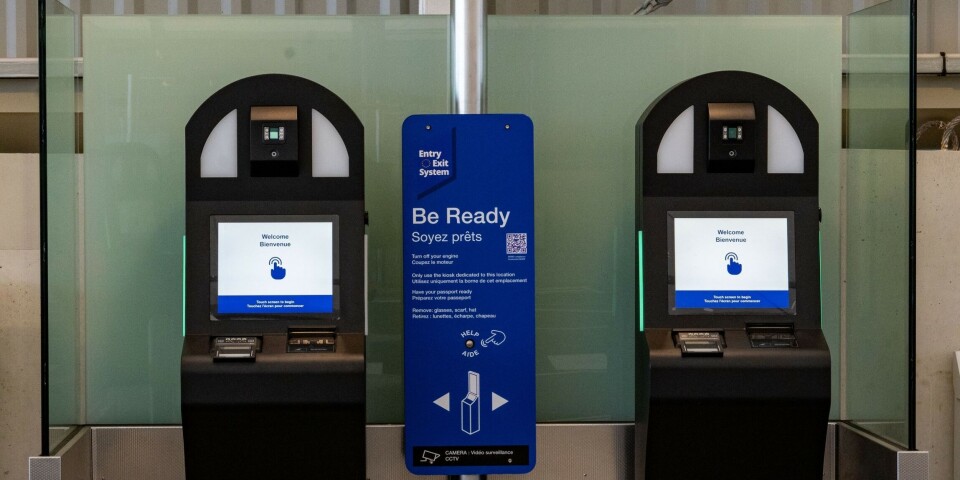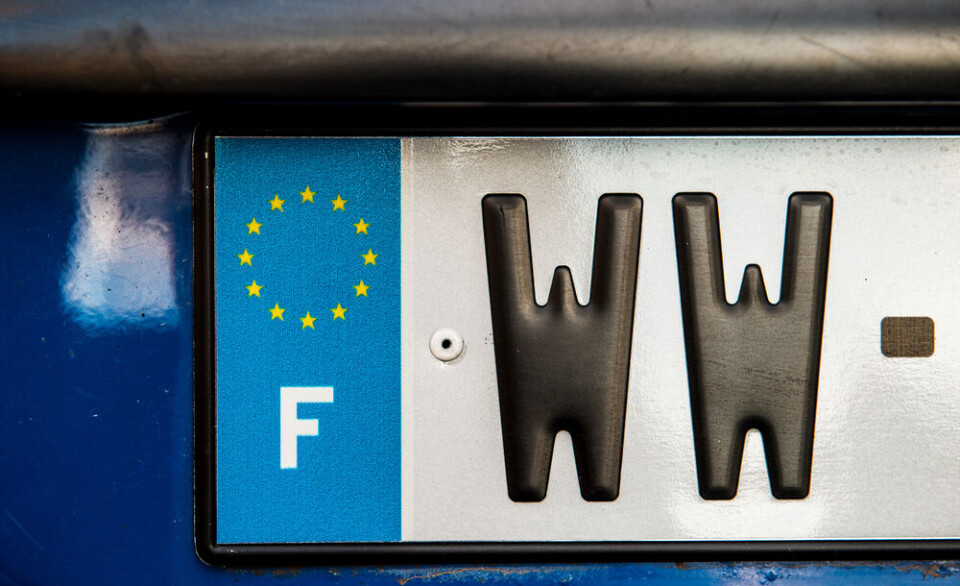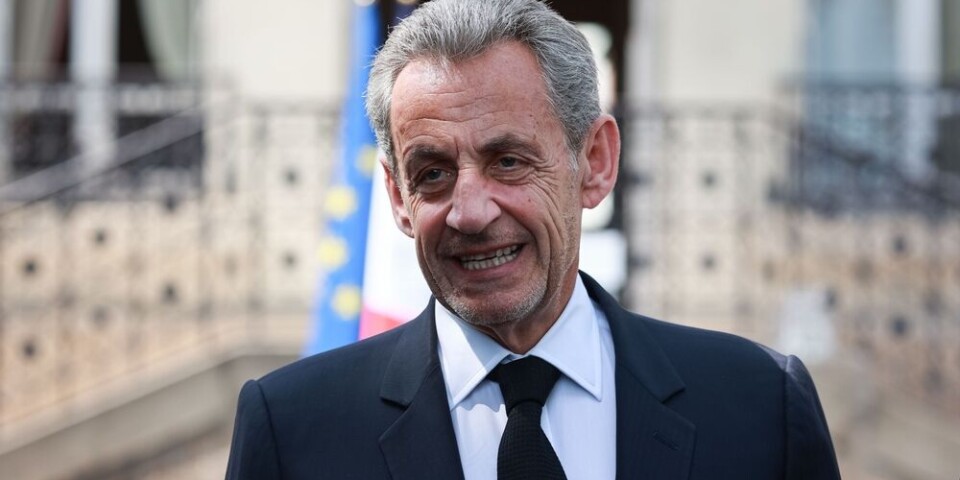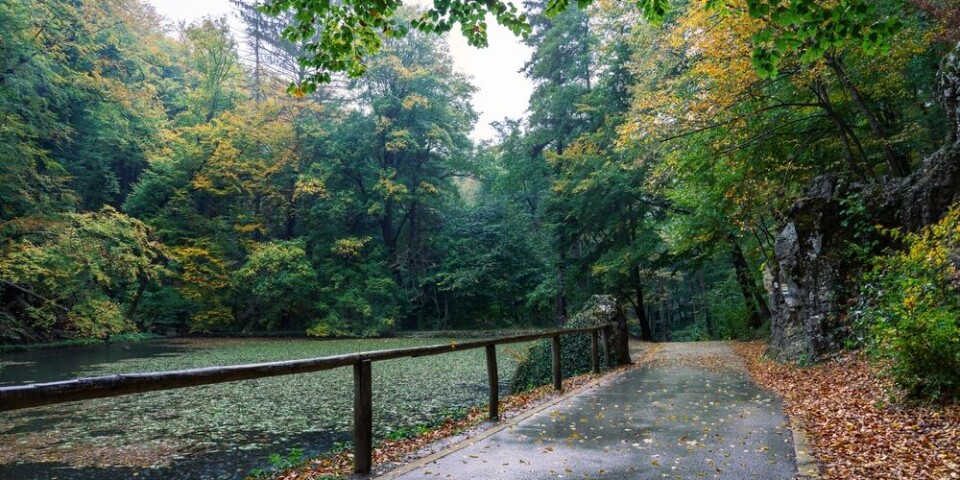What changes are proposed in the planned new French immigration law?
The interior minister has set out four main proposals for a new 2025 immigration law
The new Interior Minister Bruno Retailleau is known for his hard-line, right-wing views on immigration
Victor Velter/Shutterstock
Emergency health aid, no automatic right to citizenship, and extended detention laws: These are among the proposals made by new Interior Minister Bruno Retailleau for a new immigration law in France.
The new law is expected to be debated in the Assemblée nationale in 2025.
Mr Retailleau - who is known for having hard-line views on immigration - said his aims were based on one idea: “If France is the best-performing European country, we are the most attractive,” he told France Inter.
Therefore, his aim is to bring France “into the average of European countries” so that its policies are not so appealing to illegal immigrants, particularly when it comes to healthcare.
“71% of French people want it [a new immigration law], and France needs it,” he said.
Read also: New immigration bill looms in France: what could it change?
His main proposals include:
Changing state medical aid (aide médicale d’Etat, AME) into ‘emergency’ aid. He said AME - a general scheme for free French healthcare provision for undocumented migrants with low incomes - is “unique in the world" and “an encouragement to illegal migration”.
Re-establishing a criminal offence of illegal residency.
Ending the automatic right to citizenship for children of immigrants. “You can't become French without realising it,” said Mr Retailleau. (Children of immigrants would have to apply for it, likely through a simple procedure, but by showing a deliberate choice).
Extending the detention period for illegal immigrants who are deemed to be dangerous from 90 to 210 days, the same length as permitted for suspected terrorists.
Mr Retailleau also announced that he would appoint a ‘missi dominici’ who would be responsible for negotiating “bilateral agreements” with other countries where migrants originate from or transit through.
This comes after the Interior Ministry has already revealed that the minister has been negotiating agreements with countries such as Iraq, Kazakhstan and Egypt.
Mr Retailleau did not give any specific promises on enforcement of OQTF (obligations de quitter le territoire français), but he said he was “certain” that his “energy” and “strategy” would produce results.
An OQTF is a formal order that the person must leave France and all French territory within 30 days.
Read also: 55 Britons, 85 US citizens told to leave France: why this happens
These proposals are particularly pertinent in the wake of the murder of Philippine, a 19-year-old female student. The main suspect is a 22-year-old Moroccan man, who had just been released from prison after serving five years for raping a student in 2019.
He was the subject of an OQTF that had not been enforced, which is a common issue.
Read more: Man arrested in Switzerland over death of French student
Two law options
In order to move forward with new immigration reforms, Mr Retailleau said the government has two options.
Firstly, he said it could add these as additional amendments, when it makes legislation to put a new EU pact on migration and asylum into French law (this ‘pact’ was agreed by the EU in the spring, and EU states have two years to put it into effect).
Alternatively, he said measures could be taken in a separate law, saying that a proposed law on immigration is “already ready in the Senate”.
“I won't be proposing anything that hasn't already been voted on,” he said.
He was referring to a text he tabled when he was leader of the LR senators, implying that this could form the basis of the future law. This would also aim to bring back several provisions from the previous immigration law that had been voted through by parliament, but which were then censored by the Constitutional Council in the final version of the law.
Many of the censored ideas were taken out, having been judged to be insufficiently related to the subject of the bill as originally presented. These included an ‘automatic visa’ for British second-home owners in France.
Read more: What was kept and what was rejected from France’s immigration law?
Some MPs from President Macron’s party have already expressed reservations about the proposed changes, but Mr Retailleau has said that he will encourage dialogue around areas of shared agreement.
He added that he would not be supporting any changes to the constitution - supported by some politicians from the right and far-right - saying that “the political conditions are not in place” to do this.




